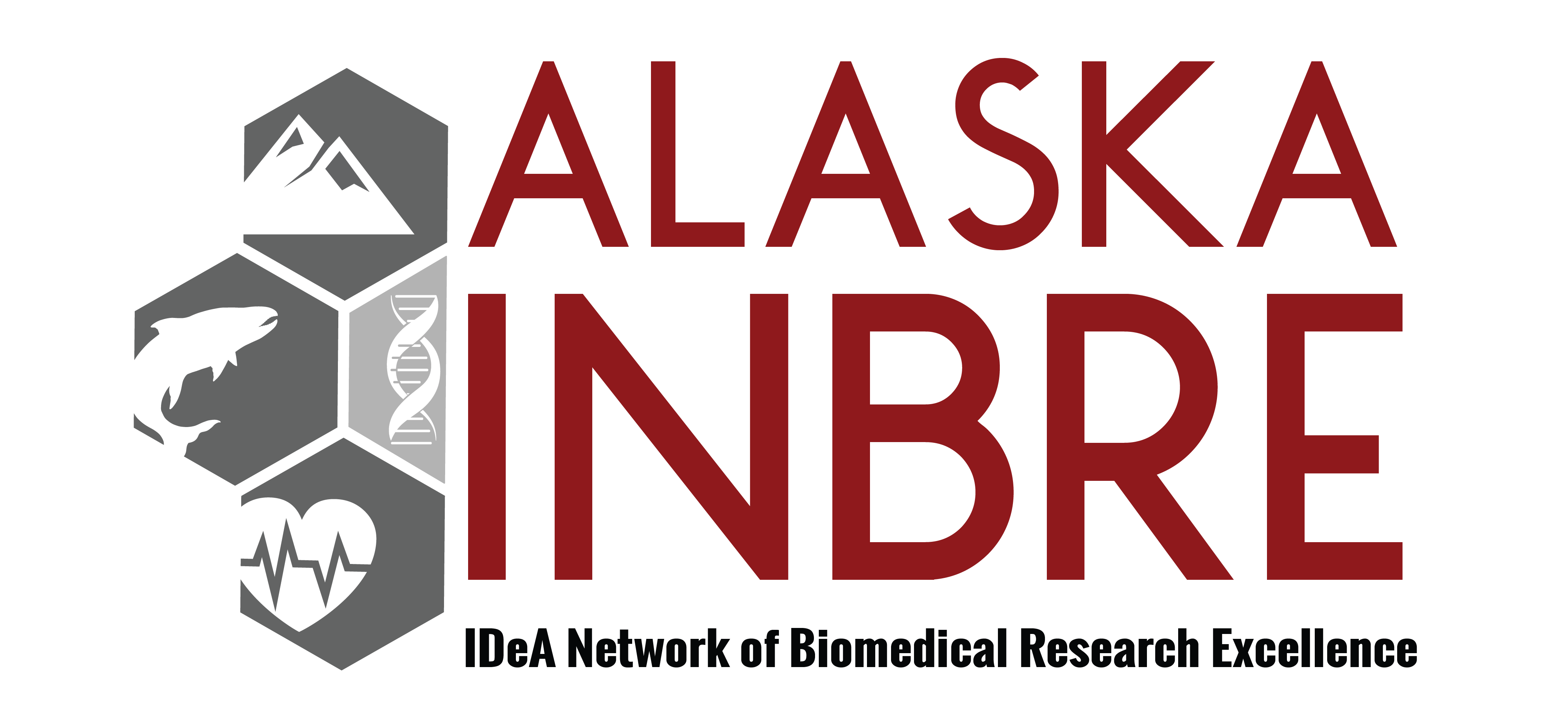Curriculum Development
David Tallmon
UAS
Development of a New Course to Increase Success of Introductory Biology Students
The experimental course will occur over the first four weeks of fall semester during twice-a-week, 1 hour discussions, and all-day discussions and research experiences on Saturdays. The idea is to immediately engage new students in a comfortable, useful,and supportive learning community that will help them in their first year science courses.Biology 105 students who co-enroll in Biology 193 will learn about the scientific method, discuss and explore faculty research, learn skills to be successful students, and gain a connection to faculty, peers, and Southeast Alaska.
Carrie Kin & Naomi Everett
UAA
roving Future Patient Outcomes through Culinary Literacy and Culinary Medicine
The UAA Dietetics and Nutrition program currently offers a required culinary literacy course for undergraduate dietetics students, DN A255 Concepts of Healthy Food. DN A255 is in need of updates to reflect the nationwide trend in healthcare education to provide culinary medicine training for students across health care disciplines.4 Currently this course provides instruction on elementary food preparation techniques in a silo for dietetics students. This does not reflect the future healthcare teams they will practice in, nor does it prepare students across health majors to reinforce the important food and nutrition-related issues their patients need assistance with. Teamwork will be emphasized in this course for the purpose of providing high quality patient care and improving patient outcomes. This course will be marketed to students in other healthcare majors, as well.
Thomas Green and Jennifer Guerard
UAF
Development of Organic Chemistry Audiovisual Demonstrations to Illustrate Laboratory Techniques
The project will focus on production of high-quality audiovisual demonstrations that illustrate specific techniques and/or experimental protocols employed in our current organic chemistry laboratory. The laboratory is a 1-credit co-requisite of the 3-credit lecture (Organic Chemistry I and II, Chem F321 and F325). Approximately 80% of the students enrolled in this class are biology and biochemistry majors, many with a pre-health (pre-medical, pre-pharmacy, etc.) curriculum.
